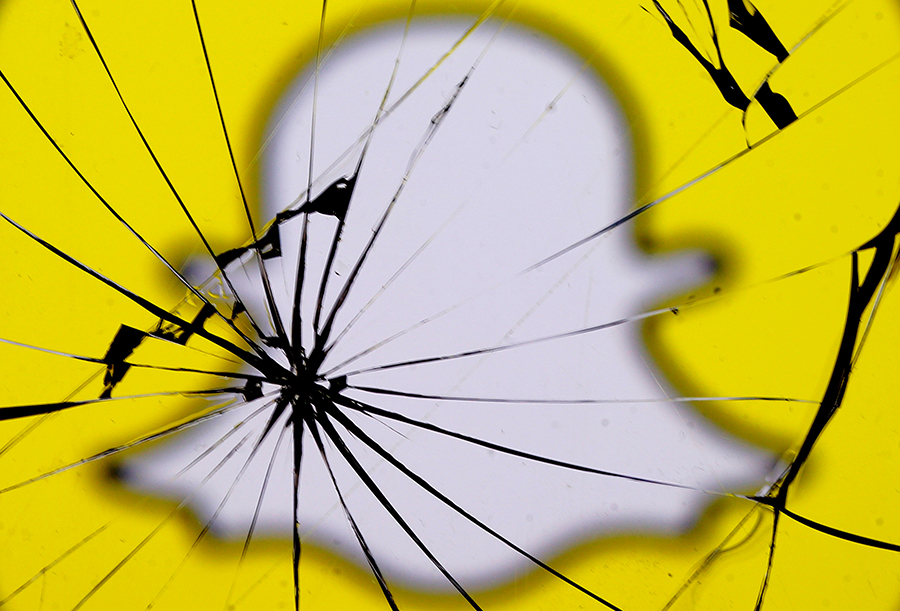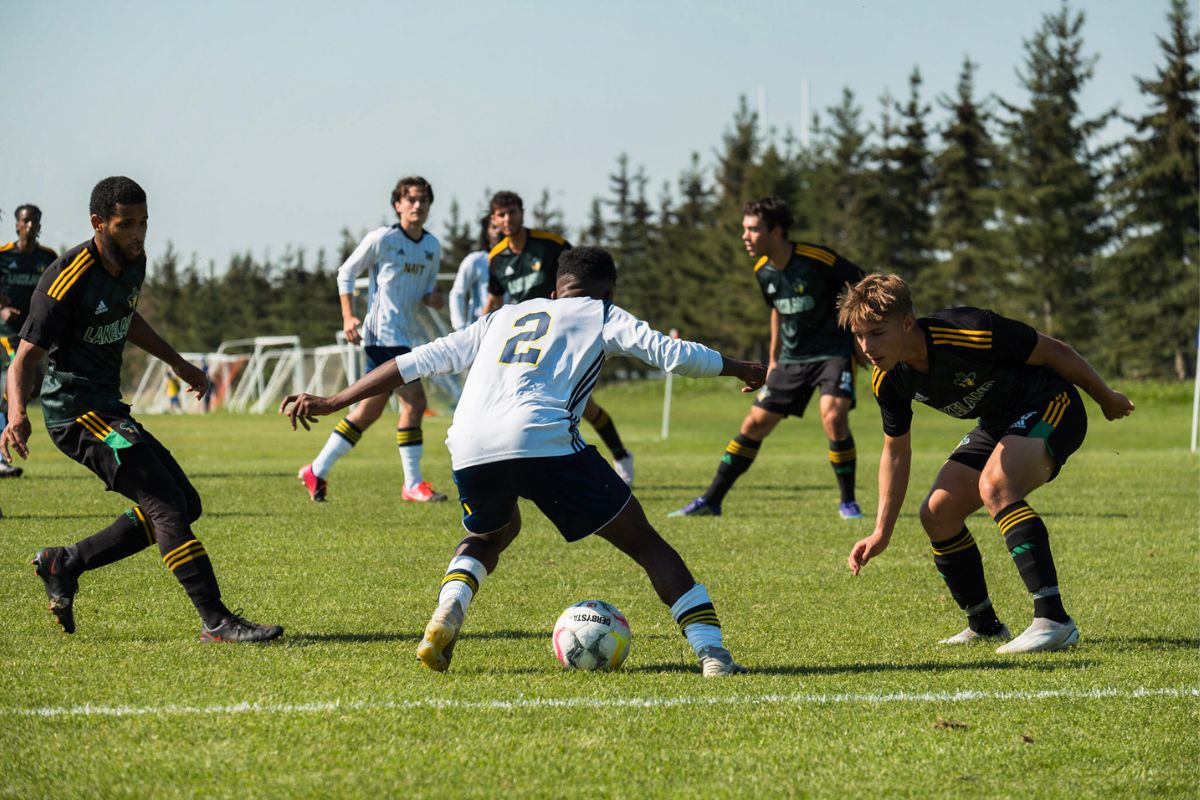My girlfriend and I have been together for over a year and a half. Most of our relationship has been spent communities apart. We began dating shortly after graduating high school in 2016. When fall approached, I left home for NAIT and she left for Red Deer to work. We see each other once every few weeks: a challenge to say the least.
It’s true, we aren’t that far apart, but my program (Radio and Television) and my work commitments keep me plenty busy. Her work schedule is as busy as mine being a waitress and day-time manager at the Canadian Brewhouse. So much so, even when I lived in Red Deer this summer, the distance erased, our lives were inconveniently scheduled. Finding time during the week to be together was still tricky.
Dating has changed
Much is said today about how relationships have changed. In reality, all that’s different is the world surrounding dating. Naturally, dating has changed, too.
Being in a long distance relationship today puts extra stress on those new methods of social communication. For example, Peyton and I make sure to text each other every day and talk on the phone a few times a week, yet it was a big adjustment (believe it or not) when I deleted my SnapChat app in October.
I didn’t tell her I was going to do it, either. She teased me about ending our coveted “snapstreak” and there weren’t any hard feelings. About a month passed and I begin to notice how I had taken for granted seeing her face a few times every day. Seeing her face made us feel more real to me. Suddenly, we felt farther apart.
Rash decision
It’s sardonically funny. For many couples I’m sure there would be consequences for such a rash decision to end Snapchat. If the big red heart emoji ain’t beside bae’s name – it’s a catastrophe. This subtle difference in our relationship made me realize the value I put into texts and snapchats. This value is as much about texting and snapchatting, then the messages themselves. It’s because you’re snapchatting and texting, not what you’re actually saying back and forth.
One of the most influential theories about the media came from Canadian philosopher and professor Marshall McLuhan. His idea that “The medium is the message,” implies that any medium (like TV, radio, newspaper) imbeds itself in the fabric of the message when we perceive it.
Put more simply, when I read a text message, the information I’ve received from the message is the way it’s sent, as much as what the text reads. By extension, the approach and the various features of texting become as important as what you say.
The problem with the new communication is that it becomes emotionless and creates a parasitic self-consciousness. You can read too much into anything.
Why did she use this word? Why did she end the message with a period? Is she mad at me?
If the medium is the message, every connection has its own value. The window dressing of emojis and kissy-faces is then as important to the text as your partner saying “I love you.”
That diet of communication, plus prolonged distance, equals a problem. When I was busy and not trying as hard, I became the PR department for my life. The messages were small press releases: what I’m doing, how I’m feeling, where I’ll be later. She reciprocated. We were trying to keep up, not talk. We were out of step to the invisible rhythms created by texting.
It’s the issue we deal with until we’re physically together. How do we stay close, when we feel more distant at times than we should?
I’m no relationship guru but I’ve learned one thing: it takes active effort. That’s how we’ve chosen to respond; actively taking control and making an effort to translate how we’re feeling, knowing how we present what we say will influence how we feel about each other in the moment, and doing it appropriately so we don’t get misunderstood by accident. So far, things have been alright.
It’s not a temporary issue or exclusive to us. Nor is it reassuring the number of articles and studies proclaiming how Snapchat or texting ruins relationships.
– Michael Menzies, Senior Editor





